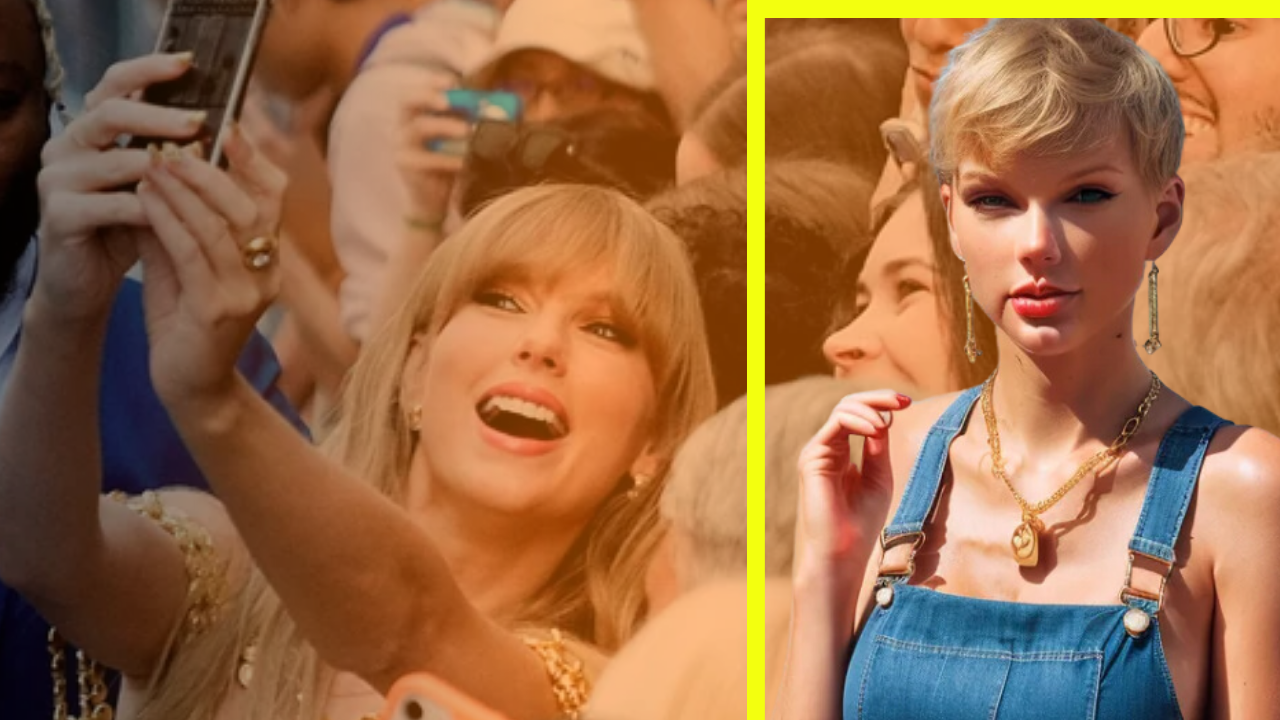
Privacy at Risk: Taylor Swift and the Battle Against AI Intrusion
In recent days, Taylor Swift’s fanbase, known as Swifties, has been rallying against a disturbing trend on social media—AI-generated explicit images of the Grammy Award-winning singer. The unauthorized and explicit content, created through artificial intelligence, has not only raised concerns about the ethical implications of AI but has also sparked a broader conversation about the need for legal protections against such violations of privacy and dignity.
Table of Contents
ToggleThe Disturbing Trend
On Wednesday night, explicit AI-generated images of Taylor Swift began circulating on X (formerly Twitter), leaving fans outraged and expressing their anger over this clear violation of the pop star’s privacy. This disturbing trend has gained momentum in recent years as AI art becomes more popular and accessible. The incident sheds light on the potential harm and exploitation facilitated by AI, raising serious ethical questions about its use in creating explicit and fake content.
Swifties Take Action
Swift’s loyal fanbase, the Swifties, swiftly responded to the situation by expressing their anger and disgust at the explicit images. Taking matters into their own hands, they mobilized to bury the ‘Taylor Swift AI’ trending topic with unrelated posts, showing unwavering support for the singer who has become a victim of this appalling trend. The incident highlights the solidarity within fan communities and their commitment to protecting the dignity of their idols.
A Wider Issue
Unfortunately, Taylor Swift is not the only celebrity targeted by this malicious use of AI technology. Other A-listers, including TikTok star and actress Addison Rae, have also faced similar attacks, such as deepfake videos that manipulate their faces and voices. This type of content echoes the personal photo leaks that celebrities have endured over the years due to hacking, causing distress and unfair exploitation of their image and identity.
Legal Gaps and Consequences
Despite the distressing effects on mental, emotional, and professional well-being, the legal system has not caught up with this emerging threat. MSNBC reports that there is currently no federal crime covering AI-generated explicit content. This legal gap poses a significant challenge in addressing the consequences of such violations, leaving victims without proper recourse.
Conclusion
The disturbing trend of AI-generated explicit content targeting celebrities raises urgent questions about the ethical use of AI and the need for legal safeguards. As the technology advances, it becomes crucial for lawmakers to adapt and establish comprehensive legal frameworks that protect individuals from unauthorized use of their likeness. The incident involving Taylor Swift serves as a wake-up call, urging society to address the potential harm caused by the misuse of AI and to ensure that individuals have the necessary legal protections in place.
In recent days, Taylor Swift’s fanbase, known as Swifties, has been rallying against a disturbing trend on social media—AI-generated explicit images of the Grammy Award-winning singer. The unauthorized and explicit content, created through artificial intelligence, has not only raised concerns about the ethical implications of AI but has also sparked a broader conversation about the…
In recent days, Taylor Swift’s fanbase, known as Swifties, has been rallying against a disturbing trend on social media—AI-generated explicit images of the Grammy Award-winning singer. The unauthorized and explicit content, created through artificial intelligence, has not only raised concerns about the ethical implications of AI but has also sparked a broader conversation about the…
2 thoughts on “Privacy at Risk: Taylor Swift and the Battle Against AI Intrusion”